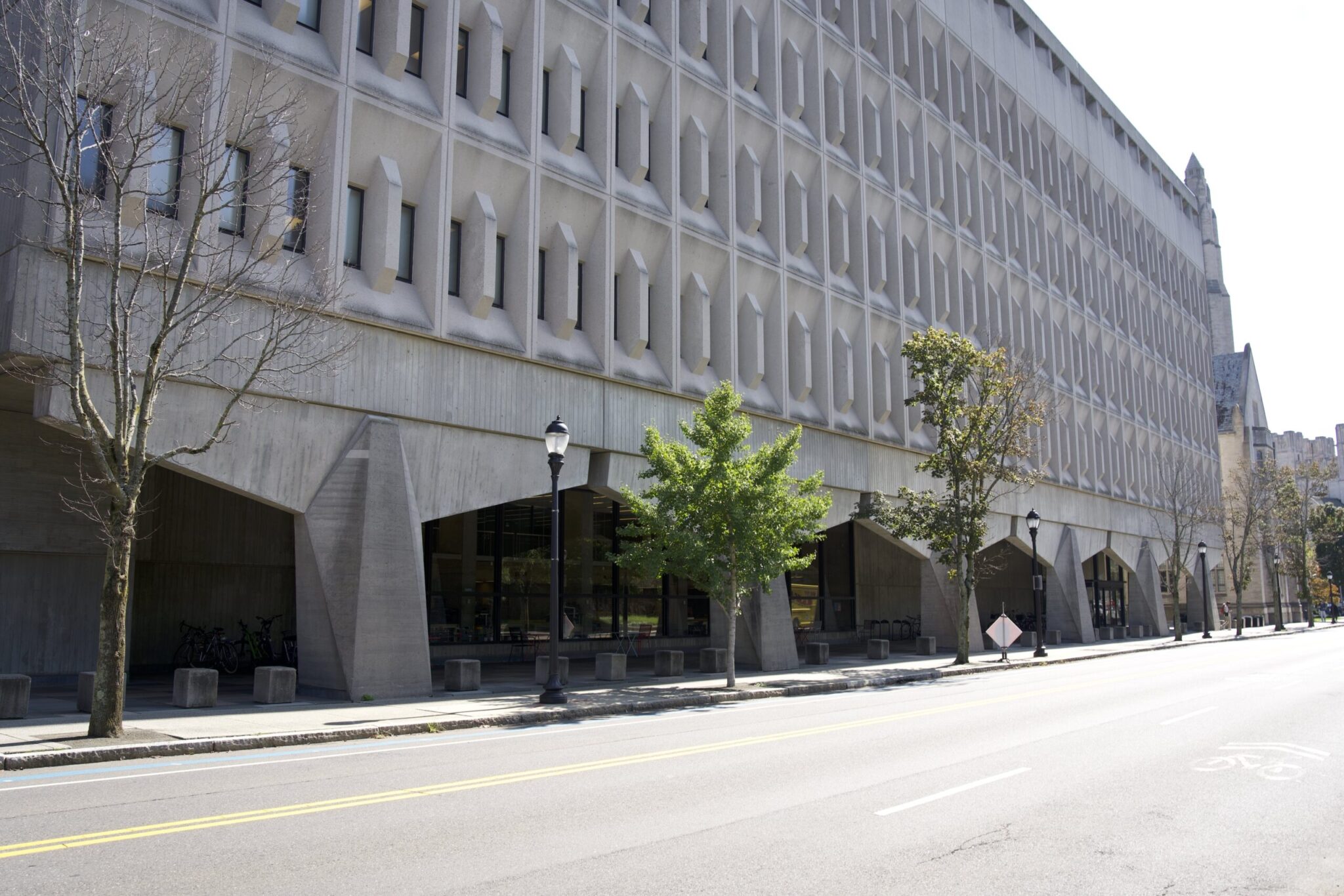Yale professor wins Packard Fellowship
Mengxia Liu, an assistant professor of electrical engineering, recently won the Packard Fellowship for her research on exploring foundational questions in energy carrier dynamics.

Ellie Park, Photography Editor
Electrical engineering professor Mengxia Liu was recognized as one of 20 Packard Fellows worldwide on Oct. 16.
The David and Lucile Packard Foundation’s Fellowship Grant is awarded to early-career scientists and engineers with funding and support to pursue innovative and high-impact research in their respective fields. Each year, 20 fellows are selected to receive individual grants of $875,000, distributed over five years.
Liu’s research focuses on creating thin-film semiconductors and optoelectronic materials — which can detect light and convert it into energy — for applications in energy harvesting, communication and information technologies.
“We can explore new ways to capture, convert and store energy from renewable energy sources,” Liu said.
Liu’s research group is also developing new materials and device concepts to increase the energy conversion efficiency, which is the measure of how effectively a device can convert one form of energy into another.
A device that has a high conversion efficiency can convert more of the input energy into the desired form of output energy. Lower efficiency implies that the device wastes more energy as heat, noise or other forms of energy that the device can’t use.
“There still exists a knowledge gap in understanding the mechanisms behind the conversion of one form of energy into another.” Liu adds, “With these insights, we are able to engineer innovative materials and conceive novel device concepts.”
Understanding the mechanisms of converting one form of energy into another would help develop more energy-efficient devices, Liu said. Ultimately, she hopes to create more efficient “actual devices,” a term that refers to physical gadgets, machines or tools that derive energy from sources like solar panels and batteries.
Liu is a member of Yale’s Energy Sciences Institute and is the second person in the institute to become a Packard Fellow. The Energy Sciences Institute is directed by Gary Brudvig, a professor of molecular biophysics and biochemistry.
“The Institute is focused on basic research aimed at alternative energy, and of course, the goal is to be able to transition from fossil fuels to renewables and carbon neutral or carbon free energy sources,” Brudvig said. “In order to do that we need to develop new devices, new processes, new chemistry and physics.”
The Institute is made up of 14 lead researchers from six different physical sciences departments all working in the same open space, creating an interactive, interdisciplinary and collaborative environment, Brudvig said.
The setup is different from that of most universities, he added, where departments are “fairly siloed” and located in different buildings.
“Energy is, of course, a huge problem and it requires many different approaches and disciplines.” Brudvig continued, “In order to really make important progress in this, it’s important for people with different expertise to collaborate. So that’s made much more facile when having a space where everybody is in the same area working together.”
Liu believes that the Packard Grant would give her more freedom to explore intersections in different fields. She is also excited to create cutting edge techniques with the freedom to be more experimental with her methods — all while collaborating with more of her colleagues in the Energy Sciences Institute.
“The support from Packard Fellowship provides us more flexibility,” Liu said. “This will allow us to delve into more challenging research areas and also initiate new collaborations.”
Liu also plans to use the grant to expand her research group and recruit new graduate students and postdocs. Her current students are excited about taking upon an explorative approach to research with the Packard Grant.
Mingwei Ge, a doctoral candidate new to the electrical engineering department who joined Liu’s group in 2023, also expressed his excitement to explore new fields and learn new fundamental techniques.
“In my undergrad, I majored in chemistry and now I’m a Ph.D. student in the Department of Electrical Engineering,” Ge said. “Before I only did some lab experiments but I never cared about the mechanism. But now I get to explore a deeper understanding of different fields.”
Yale’s Energy Sciences Institute is located on Yale’s West Campus.







